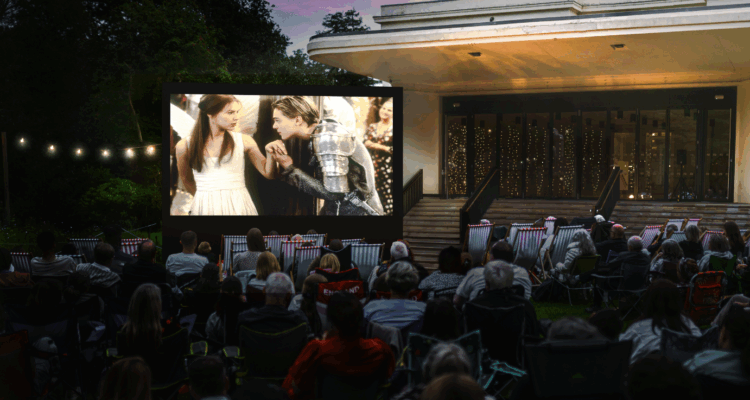Contract Killing as a Not So Fine Art
One of the aspects of contract writing that is most difficult to handle is the lack of editing time. Contract writing, like contract killing, is usually done anonymously and against the clock. Miss the deadline and things can get very messy. And being paid by the word means that the amount of time you have to devote to choosing each word, and to changing your mind later, is cut to the minimum. When the time comes to pull the trigger there must be no hesitation.
Over the past ten years I've done a lot of this kind of writing. Articles and even whole books executed at a rate that now makes me tired just thinking about it. Thankfully most of this writing does not bear my name, but that doesn't make me feel better about it. Reading back over that old, hurried material is not good for self-esteem.
It turns out that novelists feel the same way. Despite having all the time in the world to read and re-read their work (ha!), according to Zadie Smith writing in The Believer "the perfect state of mind to edit your novel is two years after it is published, ten minutes before you go onstage at a literary festival." Jonah Lehrer thinks this might be to do with the neuroscience of reading and speculates that reading unfamiliar, difficult, obscured, or forgotten sentences requires different areas of the brain:
[Work done by Stanislas Dehaene] suggests that the act of reading observes a gradient of fluency, with easy sentences full of cliches and printed in legible helvetica font being the most robotic while tougher sentences with rambling sub-clauses, rare words and smudged ink tend to require more conscious effort (and more activation in the dorsal pathway).
Here's the link to Lehrer's blog post.
Here's a related article from The Reader magazine: The Shakespeared Brain.
Posted by Chris Routledge
Share
Related Articles

Open Air Cinema and Theatre FAQ’s
If you were able to snap up tickets to our Open Air programme this summer, check below for any queries…

New Liverpool open air cinema brings movies to the Mansion
NEW FOR 2025: Eight handpicked films will hit the big screen in Calderstones Park this summer as national Shared Reading…

A breath of fresh air! This summer’s outdoor and cultural events at our Calderstones Park home
The Reader serves up a giant scoop of summer arts and entertainment from three special summer garden parties with special…


